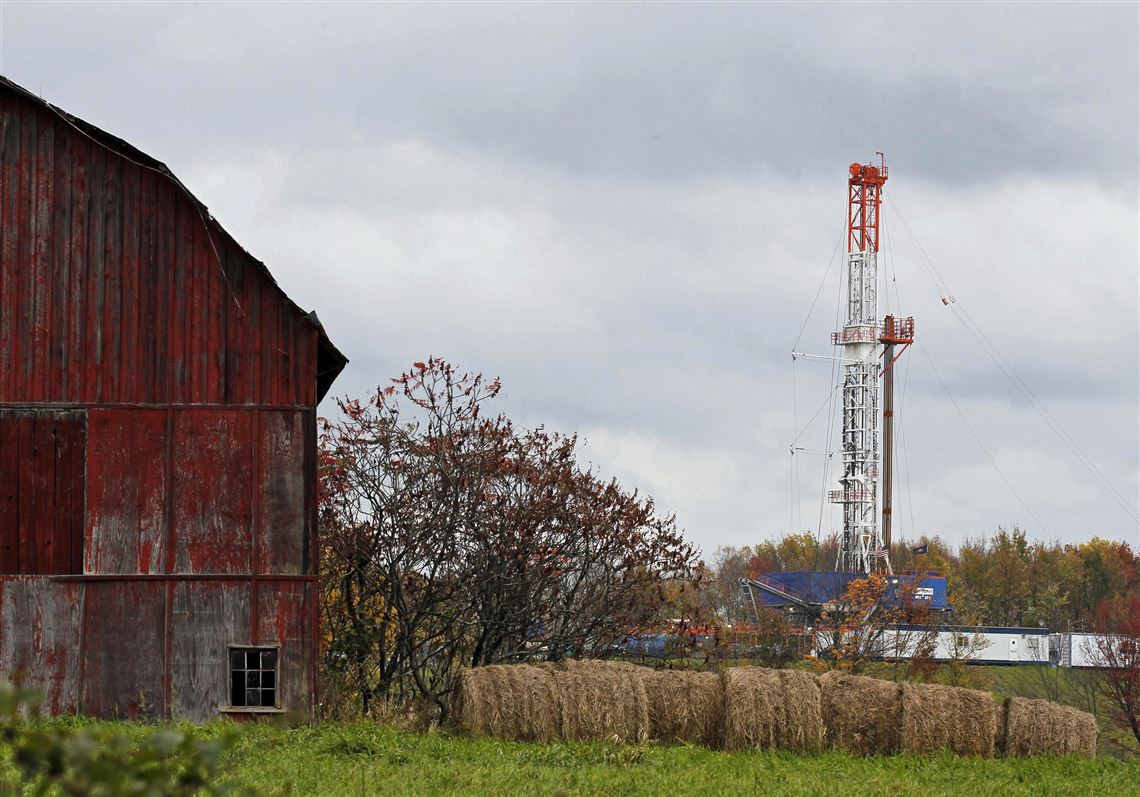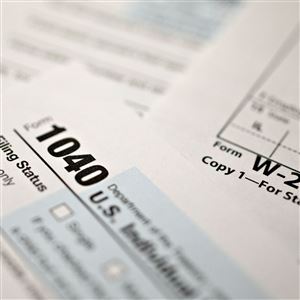Pennsylvania’s Commonwealth Court will decide whether upfront bonus and land rental payments from companies drilling for natural gas in state forests must be used for the same conservation purposes as royalty payments under a landmark state Supreme Court ruling last year.
But the court, which laid out the narrow scope of its review this week, will not hear a challenge to the Pennsylvania Legislature’s continued practice of using money from gas development in publicly owned forests to cover salaries and operating expenses for the state’s conservation agency.
That issue, the Commonwealth Court said in a brief opinion Monday, “exceeds the scope of the Supreme Court’s remand order.”
A 2017 state Supreme Court ruling held that royalties from oil and gas leases on state forests must be dedicated to conserving the commonwealth’s public natural resources, not spent on general budget items.
After the decision, the Legislature budgeted $61 million in oil and gas revenue from public lands to pay for Department of Conservation and Natural Resources operations this fiscal year. It has used nearly $610 million from drilling payments to cover the department’s day-to-day expenses since 2009.
Budget crafters have taken the position that spending oil and gas funds on DCNR operations is an allowable conservation purpose, but the Pennsylvania Environmental Defense Foundation, which challenged the state’s use of drilling revenue, argues that it violates the Supreme Court decision.
The environmental organization asked the high court to step in and take over the case last week to save time and separate appeals while “tens of millions of dollars of the public trust resources” are being spent contrary to the state constitution.
The foundation also urged the courts to resolve several other issues still pending in the case that were not addressed by the Supreme Court decision, such as whether money from state forest gas sales must be dedicated to conserving the public lands where the gas came from.
In its order Monday, the Commonwealth Court said it will stick to a single issue that the high court directed it to consider: Is there a distinction between upfront lease bonus payments and oil and gas royalties, which represent the state’s share of the value of the gas when it is sold?
If rents and bonus payments reflect revenue generated from the sale of gas from conserved lands, they, too, belong to the state’s collective environmental trust, the Supreme Court said, but it left that up to the Commonwealth Court to decide.
These days, Pennsylvania collects far more in gas royalties than bonus and rental payments on the public forest acres that are open for drilling — about 88 percent of the projected $80 million in gas revenue this fiscal year is expected to come from royalties and 12 percent from rents.
But in 2008 and 2010, bonus payments represented a significant windfall, earning the state $413 million.
Gov. Tom Wolf put a ban on opening any more state forest parcels to shale gas development in 2015.
Laura Legere: llegere@post-gazette.com.
First Published: January 11, 2018, 9:19 p.m.















